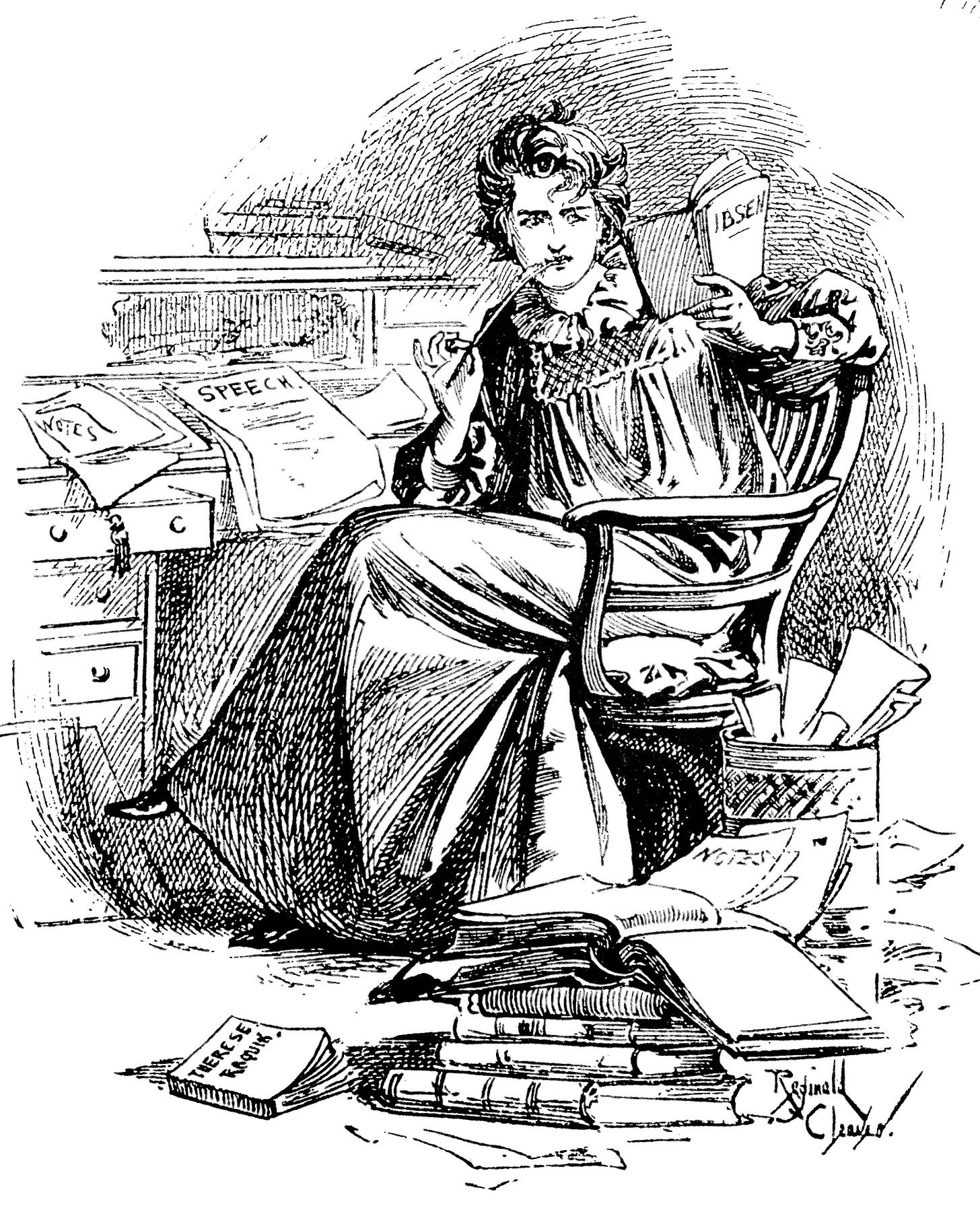
How to Bum Out Young Aspiring Writers
A bleak publishing and media landscape just got bleaker. Wheeeee....

Last week, at the end of a reading I did with another author, a young woman fresh out of college asked me how she could break into writing for the New York Times. During the discussion part of the evening the other author and I had both mentioned pieces of ours that had run in the paper.
“Do you need a journalism degree for that?” she asked. “I studied writing in college, but not journalism.” She also wanted to know, more broadly, how to break in to “writing in general.”
I hate to be a bummer, but usually when young people ask me how to pursue careers as writers or journalists, I tell them to develop other skills, pursue other careers as their day jobs, and write on the side. Keep writing!, I encourage them, but know that you can still be a writer without making it your full-time job, at least when you’re starting out. Sometimes I suggest they go into another field they’re passionate about and then try and turn that field into a beat they’re uniquely qualified to report on.
I’ve been saying these things since I adjuncted in the journalism department of my alma mater, SUNY at Albany, in the 2010s, when the outlook was bad but not nearly as bleak as it is now. I often wish I’d been offered that advice myself, when I was starting out. I wasted decades and precious brain cells writing an awful lot of stuff I didn’t care about—manufacturer roundups for trade publications, nonsense service pieces for women’s magazines, other people’s memoirs—and it got in the way of writing the stuff I did care about. I’d likely have been better off doing something completely different in my day job, and keeping my brain fresh for my own writing.
But when this young woman approached me, I struggled to get my shpiel out of my mouth, because I now felt even less hopeful about the future of publishing and digital media, and I didn’t want to sound like a cynical Old: right before leaving my house for the reading I’d read about the shuttering of BuzzFeed News and layoffs at Insider.
It’s always disheartening to read about layoffs in journalism and media, but these latest ones come in the wake of so many recent others, along with the shuttering of several publications I enjoyed, including one, Catapult, where I had a column. Even more demoralizing, in just about every case it’s been a matter of billionaires, or multi-millionaires casually ruining many lives in the interest of lining shareholder pockets, or because they got bored with what was to them little more than a toy.
Yesterday, Sonia Weiser, who publishes a weekly newsletter listing opportunities for freelance writers, posted about cutting the newsletter’s frequency.
***
After an uncomfortable pause I thought to suggest the young woman look into the Times’s few personal essay columns, where the bar for entry is lower, credential-wise, although I know those are still major long shots. I couldn’t help but add, “These days, if you’re just starting out as a writer, it helps to have other skills you can make a living from—and maybe also write about.”
“I also studied acting and dance!” she said. Mmm, not exactly what I meant by other skills.
I wondered if she was from a wealthy family, the kind that would support her financially through a low-paying internship or entry-level position at some legacy publication. I hoped for her sake she was. Or maybe she was just artsy and naive, like I’d been at her age.
For her personal and creative writing, I recommended finding a workshop and/or a writers’ group whose taste she trusted. Beyond that, and the other suggestions I gave her, I didn’t have much else to offer. And I didn’t think I could maintain my false air of even vague encouragement for one second longer.
I wished her the best, got in my car, and drove home.















I do love the rise in special interest writing--write about what you are passionate about! Become an expert who has insightful things to say! If someone just wants to be a “writer” that honestly tells me nothing (except maybe they have a very outdated idea of how writing/publishing works?)
Yes, the future is bleak for writers, something I keep thinking as my 14-year-old expresses a desire to write for a living (and as she watches her mom write and write and make pennies on her writing). I was feeling pretty defeated about the fact that my desires to someday just write instead of teaching full time, and then reading Big Magic helped me to reframe the way I was looking at my writing "career" as I hit middle age. I realized that part of the reason I have so much to write about is because of my 20-year teaching career. I have travel to write about. I have parenting and 21 years of marriage to write about. I've lived life. I wish I could make more money writing about it, but I'm still writing because I NEED to write for myself, not to feed my family. I'm trying to live in this current heart and mind space.